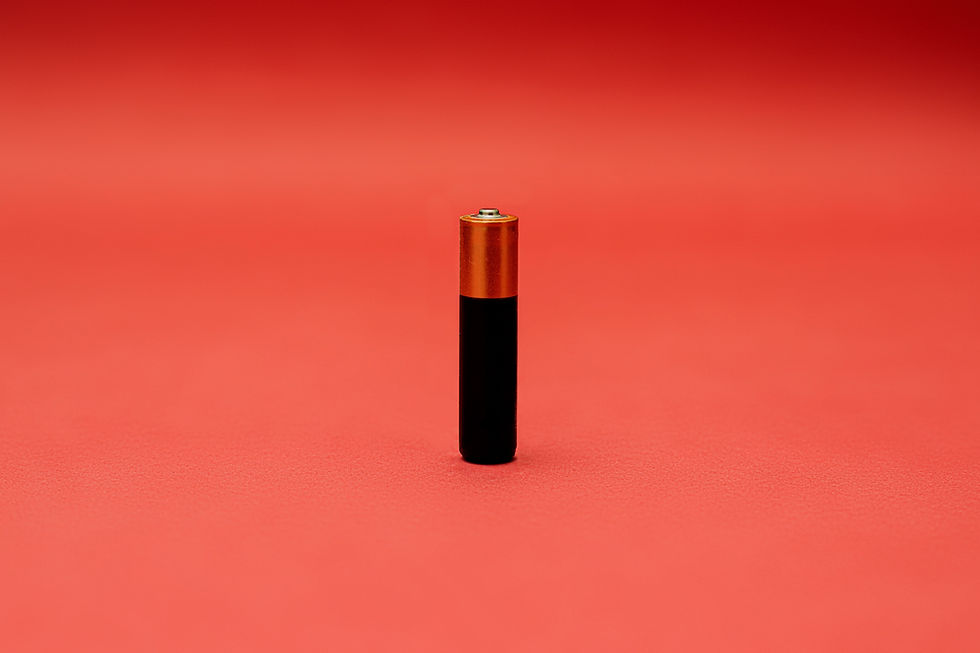
If you live in a solar-powered home, will solar panels generate enough power on cloudy days? The answer to this question is not as simple as it might seem.
There are many factors that contribute to the amount of solar energy generated by solar panels.
This article will look at some of these factors and help you understand how cloudy weather affects solar panel efficiency.
Solar cells generate solar energy during the day, they don't work at night.

When solar panels are generating solar power on a sunny day, it is usually in large amounts and can be greater than 20% of your total electricity use when averaged over the year.
On cloudy days solar panel efficiency falls to zero because there is no light to harness for producing solar power. However, one thing you may not know about solar cells is that they sometimes come with built-in storage by way of batteries or another form of backup energy storage grid like a gas generator or an electrical battery pack.
The solar panels on the roof of your home will produce less electricity if they are not getting direct sunlight. That is because solar cells need to be in direct contact with light from the sun to generate power.
Solar cell efficiency depends greatly upon frequency and intensity of solar radiation; as solar irradiance exceeds 115% its maximum level, solar panel efficiency starts decreasing exponentially.
Do solar panels generate enough power on cloudy days?

Well, the short answer is no, not enough energy. Solar energy doesn't work as well when it's overcast and/or night time--in these cases solar photovoltaic (PV) cells don't produce electricity because they need direct sunlight to do so.
It is recommended that solar panel owners should install a battery backup system that can store solar energy for later use.
The solar array will still charge even if there are clouds in the sky. It just won’t be able to produce much more than what would normally come from an hour of sunshine on a clear day, which isn’t usually too bad considering how many hours per day have at least some sun.
A battery backup system comes in handy when solar panels are generating solar energy during the day, in order to store it to use during the night or a day with a bit more clouds in the sky than optimal for your solar panels.

In conclusion, solar cells need to be in direct contact with light from the sun to generate power, so solar photovoltaic (PV) cells don't produce electricity when it's overcast or nighttime--even though they still charge up for later use. Install a battery backup system if you want your solar panels working at full capacity all day long!
Contact us today to find out how solar can benefit your home and get a free estimate from one of our solar consultants.

Comments